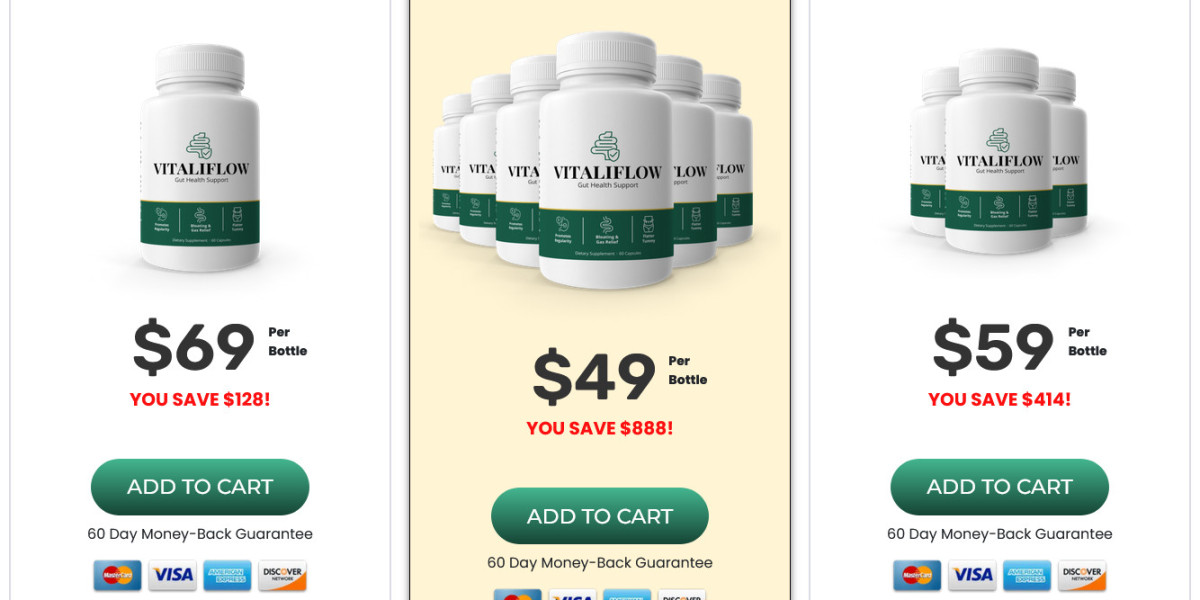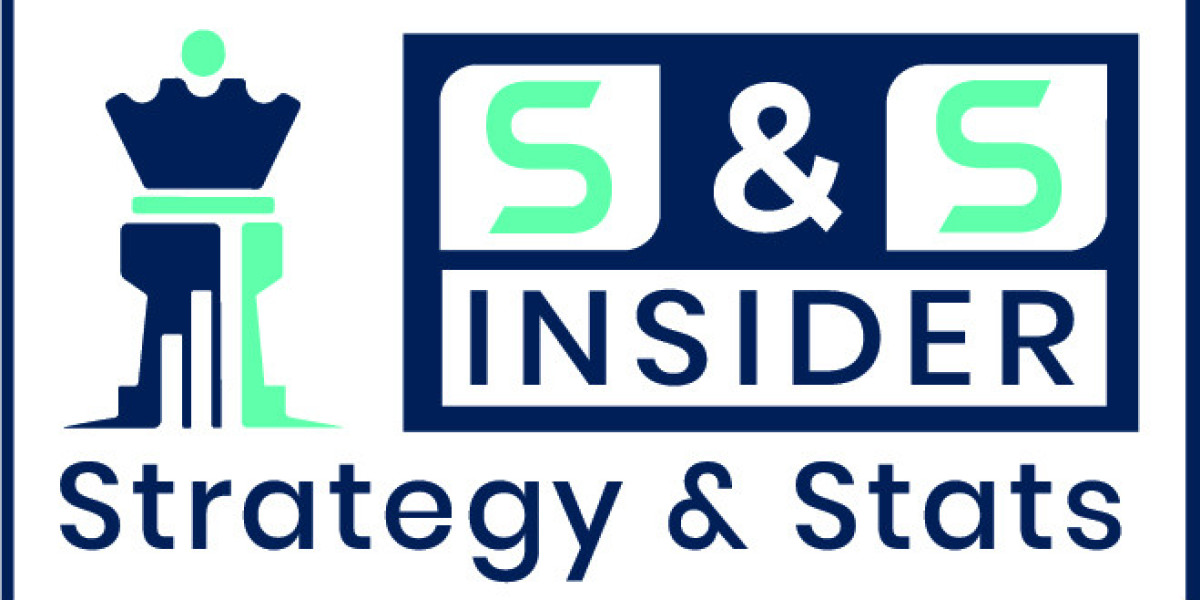Breast Cancer Survival Rates
Breast cancer survival rates vary based on factors such as the stage at diagnosis, tumor subtype, and available treatment options. For stage 2 breast cancer, the five-year survival rate is around 90%, with slightly lower rates for stage 2B. Continuous advancements in HR+ HER2- breast cancer treatment have significantly improved patient outcomes, emphasizing the importance of early detection and innovative therapeutic approaches.
Understanding HR+/HER2- Breast Cancer
Identifying your breast cancer subtype is critical in determining the most effective treatment. HR+/HER2- breast cancer, one of the most common forms, is defined by hormone receptor positivity and the absence of HER2 overexpression. Standard HR+ HER2- breast cancer treatment involves endocrine therapy, chemotherapy, and targeted therapies aimed at inhibiting hormone-driven tumor growth.
Market Outlook for HR+/HER2- Breast Cancer Therapies
The HR+/HER2- breast cancer therapeutics market is expanding rapidly due to ongoing developments in treatment options. The growing demand for drugs for HR HER2 advanced breast cancer is fueling market growth, with a strong focus on next-generation endocrine therapies and innovative combination treatments designed to enhance efficacy and reduce recurrence rates.
Leading Companies Driving Innovation in HR+/HER2− Breast Cancer Treatment
Pharmaceutical leaders such as Pfizer, Novartis, AstraZeneca, and Eli Lilly are at the forefront of HR+/HER2- breast cancer treatment advancements. These companies are actively investing in next-generation endocrine therapies and targeted treatments, addressing drug resistance challenges and contributing to the expansion of the HR+/HER2- breast cancer therapeutics market.
Emerging Therapies and Drug Pipeline for HR+/HER2- Breast Cancer
The drug pipeline for HR+ HER2- breast cancer treatment includes promising new agents that aim to improve treatment outcomes. Notable advancements in drugs for HR HER2 advanced breast cancer include selective estrogen receptor degraders (SERDs), CDK4/6 inhibitors, and PI3K inhibitors—offering new hope for patients and healthcare professionals.
Conclusion
The evolving landscape of HR+ HER2- breast cancer treatment is driving significant progress in patient care. With continuous research and the introduction of next-generation endocrine therapies, the HR+/HER2- breast cancer therapeutics market is set for transformative growth. These advancements are improving survival rates and optimizing treatment strategies, shaping a promising future for patients battling HR+/HER2- breast cancer.
Latest Reports Offered By Delveinsight
Leukocyte Adhesion Deficiency Market | Life Science Business Development | Life Science Consulting | Lymphedema Market | Mallory-weiss Tear Market | Medical Marijuana Market | Mismatch Repair Deficiency Market | Molecular Glue Market | Natural Killer Nk -cell Lymphoma Market | Nerve Sheath Neoplasms Market | Net Market | Neuroleptic Malignant Syndrome Market | Ntm Market | Oncocytoma Market | Ophthalmoplegia Market | Wide Neck Bifurcation Intracranial Aneurysms Market | Phosphoglucomutase Pgm 1 Deficiency Market | Plague Market | Point Of Care Glucose Testing Market | Polypoidal Choroidal Vasculopathy Market | Primary Gastric Lymphoma Market | Research Subscription | Ringworm Market | Scabies Market | Wolman Disease Market | Subscription Healthcare | Wound Irrigation Systems Market | Trastuzuma Biosimilar
Contact Information
Kanishk
Email- kkumar@delveinsight.com








